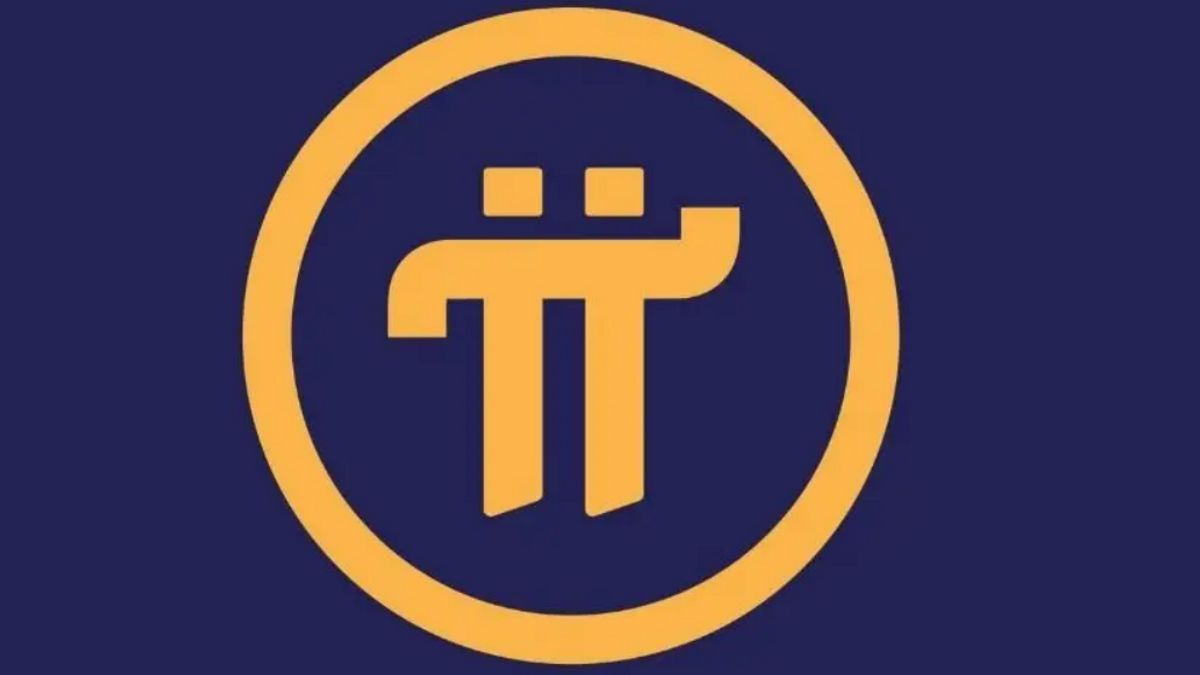Pi Network Pushes Back Against Bybit CEO’s Fraud Allegations
22.02.2025 21:00 1 min. read Alexander Stefanov
The team behind Pi Network has responded to recent remarks from Bybit CEO Ben Zhou, who dismissed the project’s legitimacy and ruled out a future listing on the exchange.
Zhou’s comments followed heated online debates, with some users accusing Pi Network of being misleading.
In their statement, Pi Network’s developers clarified that the controversy stemmed from a social media post unrelated to their platform. They emphasized that online discussions can often create confusion and reiterated their commitment to transparency.
The team also addressed a warning from Chinese authorities regarding fraudulent actors misusing the Pi Network name. They asserted that they had no involvement in the matter and had not been contacted by law enforcement.
Pi Network further distanced itself from Bybit and its CEO, denying any affiliation and stating that they had not undergone Know Your Business (KYB) verification for the exchange. Highlighting their six-year development and a user base exceeding 60 million, the team defended the project’s legitimacy.
They also disavowed a social media account that had reportedly criticized Zhou, stating that neither Pi Network nor its representatives were responsible for the comments. While facing ongoing skepticism, the team has refrained from engaging in disputes regarding Bybit or Zhou.
Despite their defense, accusations persist, with Zhou categorically labeling Pi Network a scam.
-
1
New Ethereum Initiative Targets Institutional-Grade Security Standards
16.05.2025 14:00 1 min. read -
2
Ark Invest Buys Into eToro as Shares Surge on Nasdaq Debut
16.05.2025 8:00 1 min. read -
3
JPMorgan CEO Warns Market Is Overlooking Risks from Tariff Tensions
22.05.2025 8:00 1 min. read -
4
FIFA Teams Up with Avalanche to Launch Its Own Blockchain
23.05.2025 9:00 1 min. read -
5
Charles Hoskinson’s Long-Standing Crypto Prediction Is Playing Out
24.05.2025 17:00 2 min. read
Less Income, No Buybacks: UBS Revises Berkshire Hathaway Forecast
UBS analyst Brian Meredith has revised his outlook on Berkshire Hathaway’s Class B shares, trimming the price target from $606 to $591, while maintaining a “buy” rating.
U.S. Treasury Launches Record-Breaking Bond Buyback Amid Market Volatility
In a move not seen in decades, the U.S. Treasury Department has initiated a historic $10 billion bond buyback—its largest ever—targeting securities set to mature between mid-2025 and mid-2027.
Yuga Labs Moves to Dismantle ApeCoin DAO in Favor of Centralized Structure
In a bold move to reshape the future of ApeCoin, Yuga Labs has introduced a proposal that would dissolve the existing ApeCoin DAO and replace it with a streamlined management body called ApeCo.
ARK Invest Makes Bold Bet on Circle as Stablecoin Giant Enters Wall Street
Circle’s arrival on the New York Stock Exchange sent shockwaves through the market, and Cathie Wood’s ARK Invest wasted no time jumping in.
-
1
New Ethereum Initiative Targets Institutional-Grade Security Standards
16.05.2025 14:00 1 min. read -
2
Ark Invest Buys Into eToro as Shares Surge on Nasdaq Debut
16.05.2025 8:00 1 min. read -
3
JPMorgan CEO Warns Market Is Overlooking Risks from Tariff Tensions
22.05.2025 8:00 1 min. read -
4
FIFA Teams Up with Avalanche to Launch Its Own Blockchain
23.05.2025 9:00 1 min. read -
5
Charles Hoskinson’s Long-Standing Crypto Prediction Is Playing Out
24.05.2025 17:00 2 min. read


